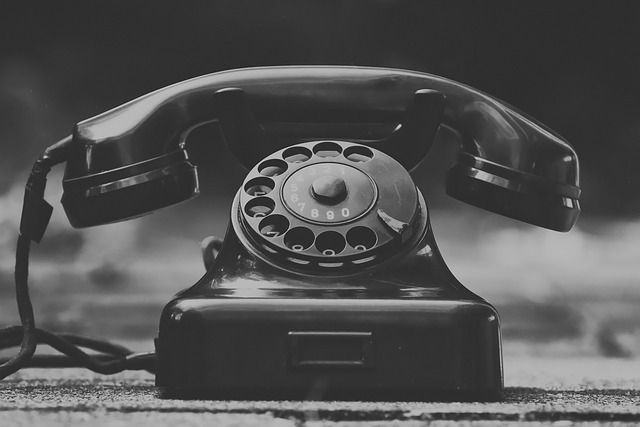Modern phone manners – is it goodbye to hello?

Moneypenny provides businesses of all shapes and sizes across the UK and the US with call answering, live chat and PA related services and its highly skilled people have perfected the art of being friendly yet efficient on the phone. Their decades spent handling calls mean they can spot the latest trends in what is acceptable and unacceptable in modern phone manners, and a recent Yougov survey* of 2,000 adults in Great Britain highlights the most unacceptable phone behaviours:
- Nine out of ten (92%) find eating or chewing during a phone call to be completely unacceptable
- Eight out of 10 (88%) disapprove of people talking loudly on their phone when in a public place
- Similarly, 86% find use of speakerphone in a shared environment to be inappropriate
- 84% find shifting focus from a call to interact with someone else, without informing the person on the phone, to be rude
- More than three-quarters (76%) think answering or ending a call without a ‘hello’ or ‘goodbye’ to be impolite
- 76% object to late night calls while 69% object to early morning calls
The survey showed that certain phone behaviours are more acceptable for some generations than others:
Younger adults are more relaxed about timings of calls
Almost half (48%) of Gen Z (18-24s) think late night phone calls are acceptable, a sentiment shared with only 10% of over 55s. The same trend is observed in feelings towards early morning calls, with 47% of the younger group deeming them acceptable compared to just 18% of the older cohort.
Younger age groups less likely to mind calls without a hello or goodbye
40% of Gen Z find it acceptable to start or end a call without a greeting or goodbye, while only 14% of 45-542 and over 55s feeling the same way.
Early morning calls less of a problem for men
The survey shows clear gender differences in attitudes towards timings of calls, with 32% of men finding early morning calls acceptable compared with only 23% of women feeling the same way.
Joanna Knight, Group CEO from Moneypenny comments: “This survey backs up what we’ve been noticing during our call handling – young people are much less likely to say hello or goodbye and we wonder if this is due to ‘telephobia’ among the younger generations, who are less confident or practised in handling calls compared to older generations. We advise anyone using the phone, whether to call a friend, family member, or company, to use basic courtesy such as greetings, giving the person at the end of the phone their full attention, and lowering their tone when in a public place.”
Here are Moneypenny’s top telephone etiquette tips:
- No-one likes a rude, grumpy caller, so start a call with a hello – you’ll have a nicer call experience if you start in a friendly manner
- Put down that Latte or chocolate bar until after the call has ended. No-one wants to hear chomping and slurping, however well you know them!
- Give the person you are calling your full attention, with no distractions – it shows you are treating them with respect
- Think about what the other person is likely to be doing when you decide to call – if it’s early morning or late at night they are likely to be sleepy and they won’t be giving you their full attention
- Keep the volume down in a public place – other people don’t want to hear about your latest date, or work disaster, and you don’t want them listening in to the gossip either
- Consider texting ahead of, or instead of, a call. Many people nowadays find unexpected phone calls intrusive, so it helps to give them the heads up before you dial
ENDS
Notes to editors:
*YouGov survey conducted online on 8-9 April 2024 with a nationally/ representative sample of 2,005 adults (aged 18+ years) in Great Britain.
As the customer communication leaders, Moneypenny supports businesses of all shapes and sizes across the UK and US with call answering, live chat and bespoke and proactive customer communication services.
Moneypenny, with over 1,000 people, is proud to have been part of the ‘100 Best Companies to Work For’ seven times and be recognised as a Great Place To Work (GPTW)